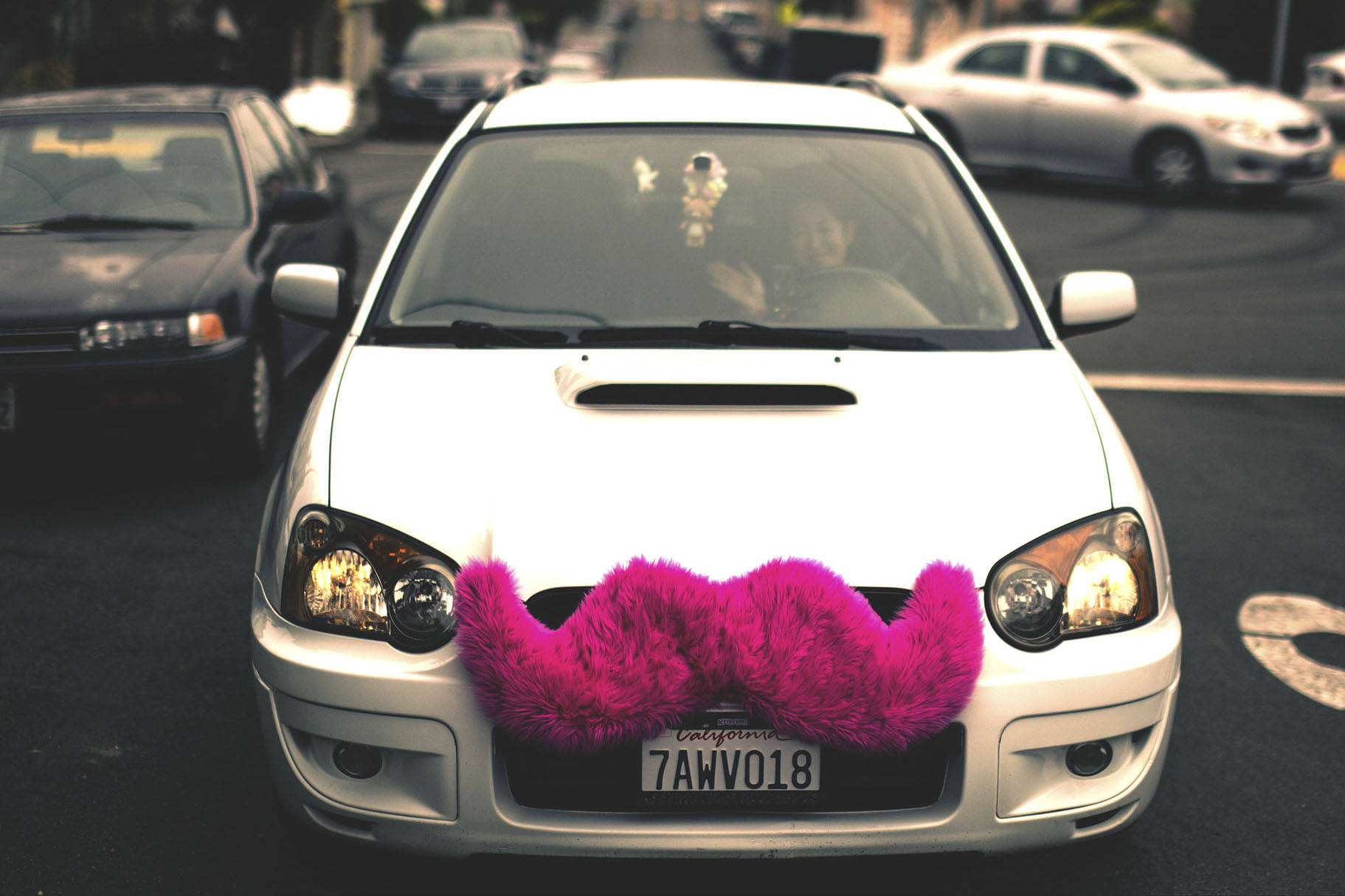Late Thursday afternoon, for the second time this month, U.S. District Judge Robert Lasnik ruled in favor of Seattle’s for-hire driver collective bargaining ordinance. The ruling strikes down the final lawsuit against the controversial, first-in-the-nation law, which has been mired in a number of legal battles since it first passed in 2015.
The law allows Uber, Lyft, and other for-hire drivers—independent contractors, not employees—to form a union and collectively bargain for better working conditions. Despite strong disagreements late last year regarding how, exactly, the law should play out, the city’s rules have since been finalized: Drivers who have been working for at least three months and have made 52 trips within a 90-day period qualify for union membership. But pending several lawsuits, Lasnik had issued an injunction that prevented the city from moving forward with implementation. Now, he has dissolved the injunction, and the path is clear.
“The court cleared the way for the City to implement its first-in-the-nation law,” said City Attorney Pete Holmes in a statement. “In so doing, the court recognized the public importance of maintaining and promoting the safety and reliability of the for-hire transportation industry in the City of Seattle, goals which this law advances. We are very pleased with the court’s decision and will continue to vigorously defend this publicly important law on appeal.”
Thursday’s ruling applies to a lawsuit brought by 11 Uber drivers, represented by the National Right to Work Legal Defense Fund, who argued that the law violated both their free speech rights under the First Amendment and the National Labor Relations Act by essentially compelling drivers to become part of the union (and thus pay dues), even if they didn’t want to. Lasnik struck down those claims, asserting that there is nothing in the ordinance that restricts their freedoms of speech and association and nothing that allows the union—in this case, Teamsters Local 117—to force drivers to join.
In early August, another lawsuit, brought by the U.S. Chamber of Commerce, was struck down because, Lasnik found, the collective bargaining ordinance does not violate federal antitrust laws, either. That case has already been appealed, but so far, there’s no injunction that prevents the city from moving forward.
Still, it is possible, if not likely, that Thursday’s ruling will be appealed, too. If that happens, there is a possibility that the plaintiffs could persuade a judge to issue yet another injunction, again stopping the city’s implementation of the ordinance. Of course, the city would oppose such an injunction, said Kimberly Mills, spokesperson for the City Attorney’s office, and will continue to defend the ordinance, no matter what.
Uber, naturally, is not happy; the company has long stood in opposition to the law. “The court’s ruling is not surprising,” said Brooke Steger, Uber General Manager for the Pacific Northwest, in a statement. “Unfortunately, if allowed to stand, thousands of drivers will be negatively impacted. The original ordinance passed by the City Council was never about benefiting drivers, but about helping Teamsters and taxi companies. We will continue fighting to protect independent drivers and prevent turning back the clock on transportation in Seattle.”
Teamsters Secretary-Treasurer John Scearcy used similar language (and called out Uber) when he applauded Lasnik’s first ruling in early August. “We hope Uber will respect the judge’s decision, stop its efforts to block the law, and recognize that, just like millions of other workers across the country, for-hire drivers have a basic right to self-determination and to stand together with the representative of their choosing to improve their pay and working conditions,” he said at the time. “We will continue to help drivers fight for that right.”
sbernard@seattleweekly.com








